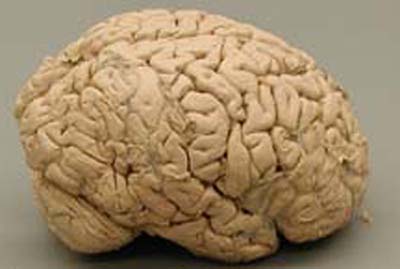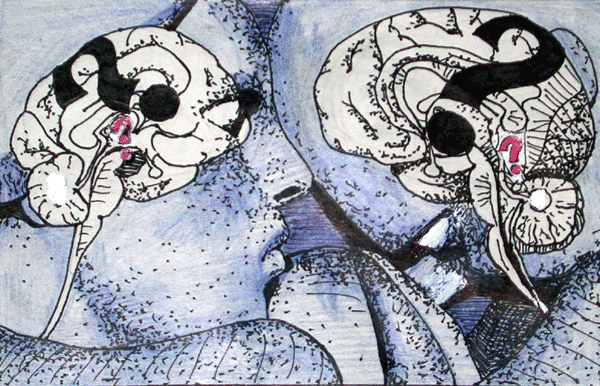If Darwinian evolution is about the biological changes that species and other organisms undergo to be able to physically and physiologically adapt to their environment, then one could say that communities of people have also, collectively and as separate groups, evolved socially over time. Indeed, since Darwin came out with his theory on the gradual evolution of the species 150 years ago, huge social changes have been made by man as a result of the phenomenal discoveries and inventions he made, particularly during the last century: the automobile, the airplane, the telephone, the computer, electricity, and so forth.

 © Serendip® 1994 - All rights reserved. Privacy Policy
© Serendip® 1994 - All rights reserved. Privacy Policy





